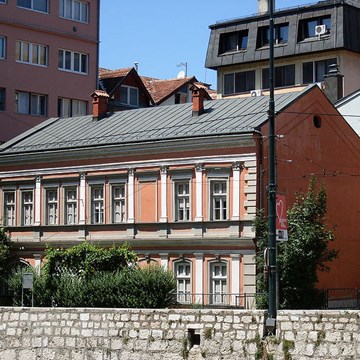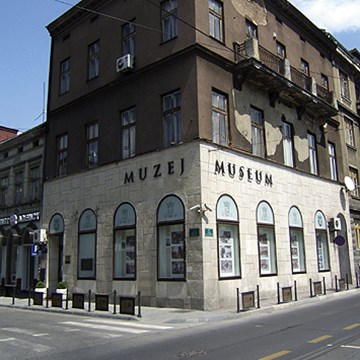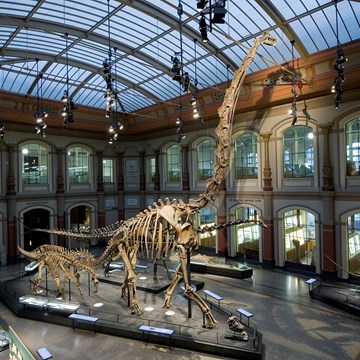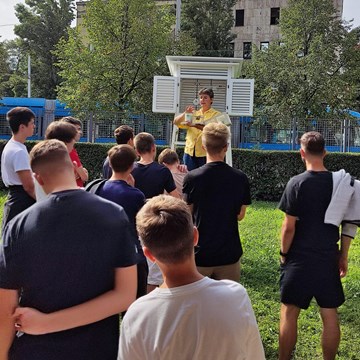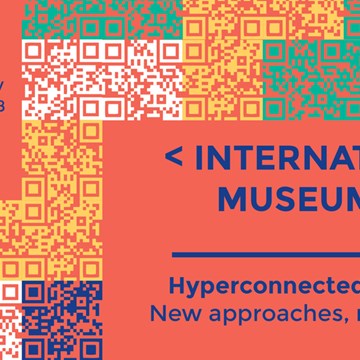Bringing the Dark to Light: Holocaust Memory in Post-Communist Europe
n 1945, only a few grasped the extent of the destruction of East European Jews and their civilization and the implication of this loss for the region. Today, the Holocaust has become the European paradigm of memorial sites and the universal icon of evil. Most recently some have claimed the Holocaust an international paradigm of human rights. These developments have evolved in different directions, creating greater understanding of the impact of the Holocaust on the one hand, and on the other making poor analogies and producing competing narratives of martyrdom. In Europe, in spite of the establishment of the International Day of Holocaust Remembrance (27 January), the memory of the Holocaust does not cease to cause tensions between the West and the postcommunist countries. This presentation discusses the major stages of the process of restoration of memory of the Holocaust in postcommunist Europe. By studying these dimensions carefully, we can learn about the reconceptualization of Jews and the Holocaust, and the limits of the recognition and integration of the “dark past” by broader multigenerational sections of postcommunist societies. Joanna Beata Michlic is a social and cultural historian, and founder and Director of HBI (Hadassah-Brandeis Institute) Project on Families, Children, and the Holocaust at Brandeis University.
Exhibitions and events from this museum
We don't have anything to show you here.
Activities from this museum
We don't have anything to show you here.


